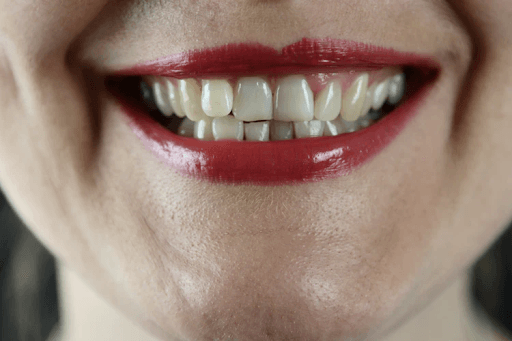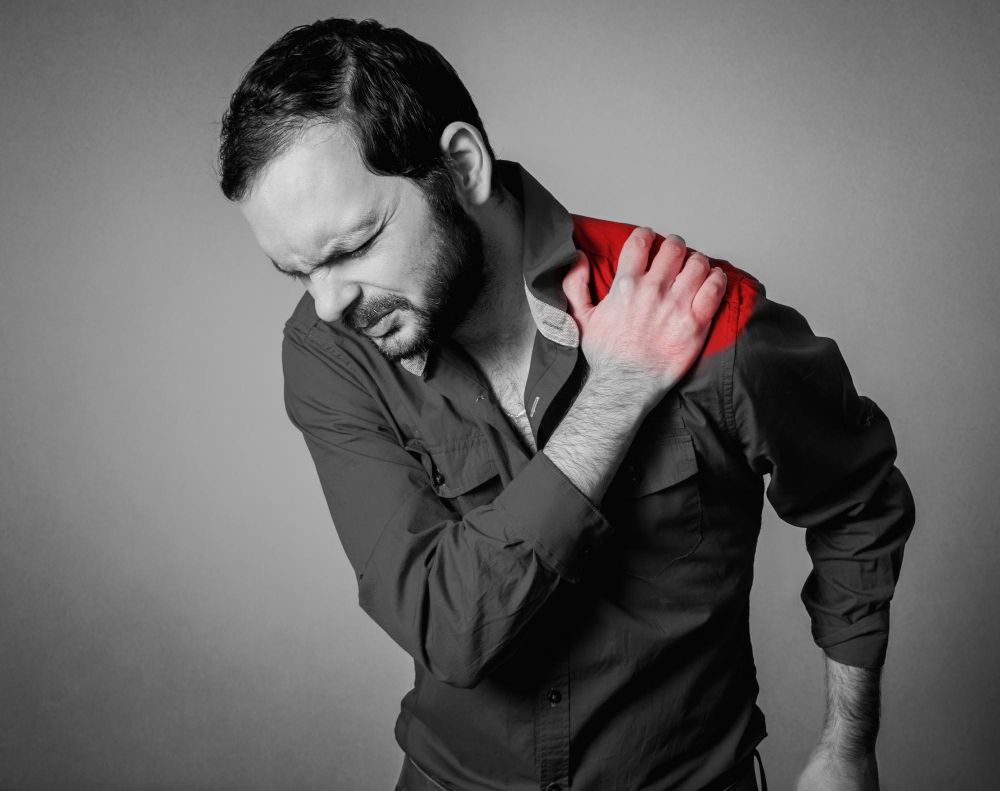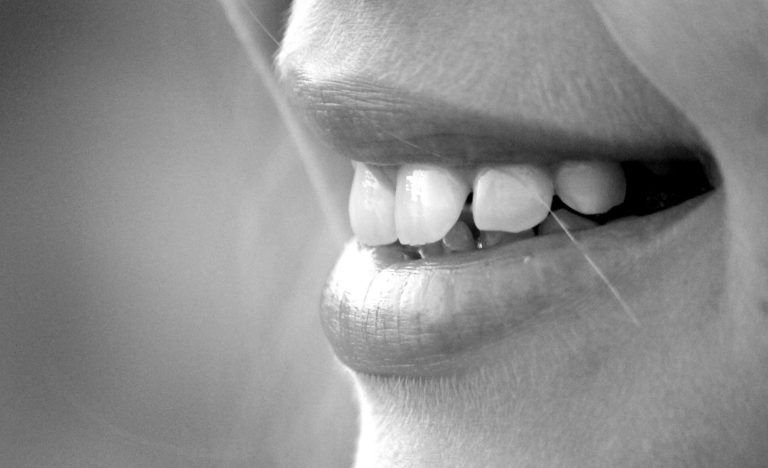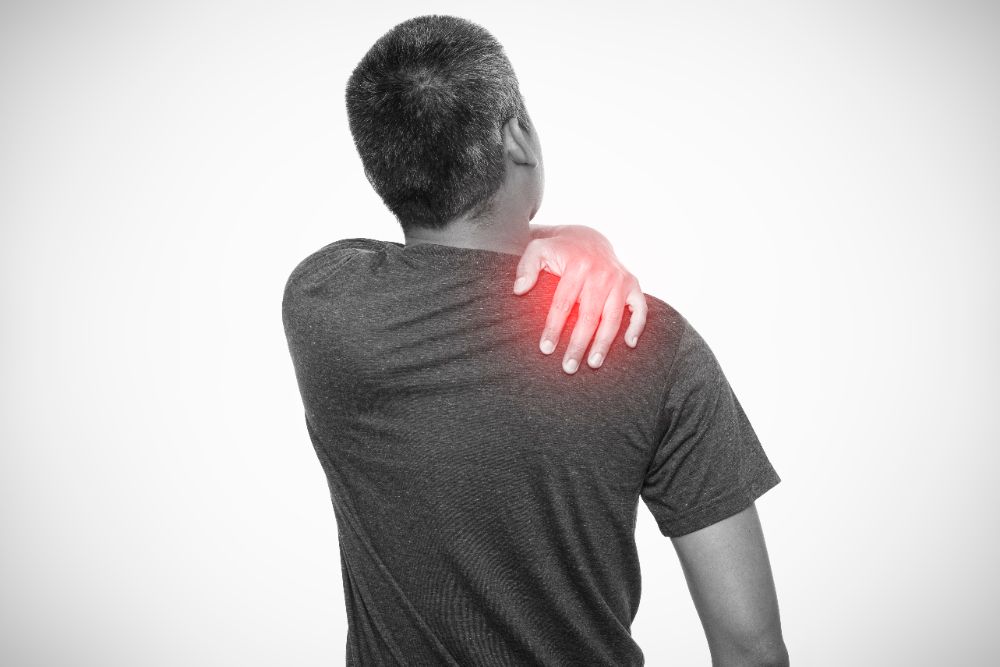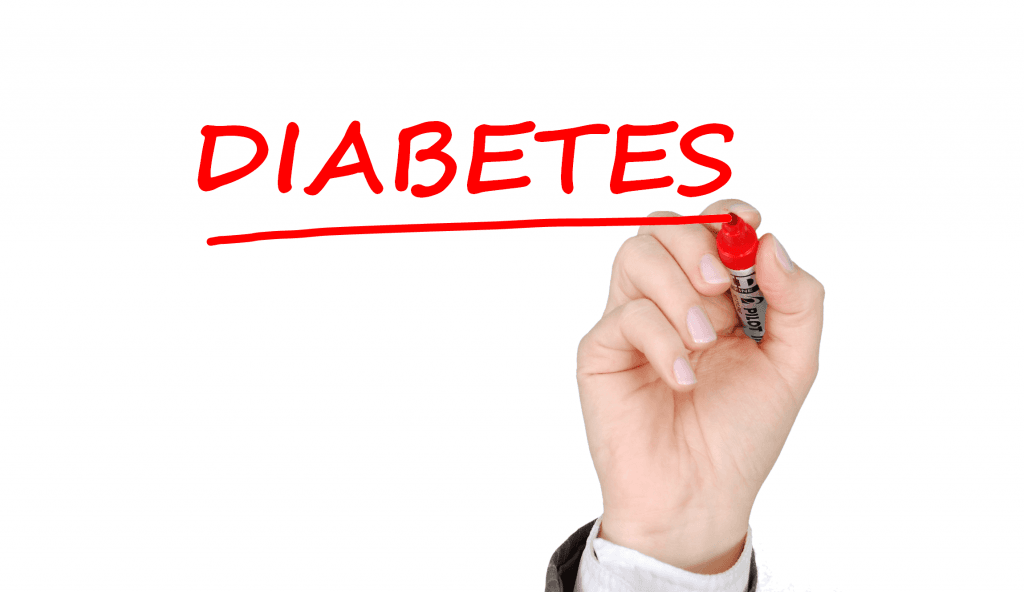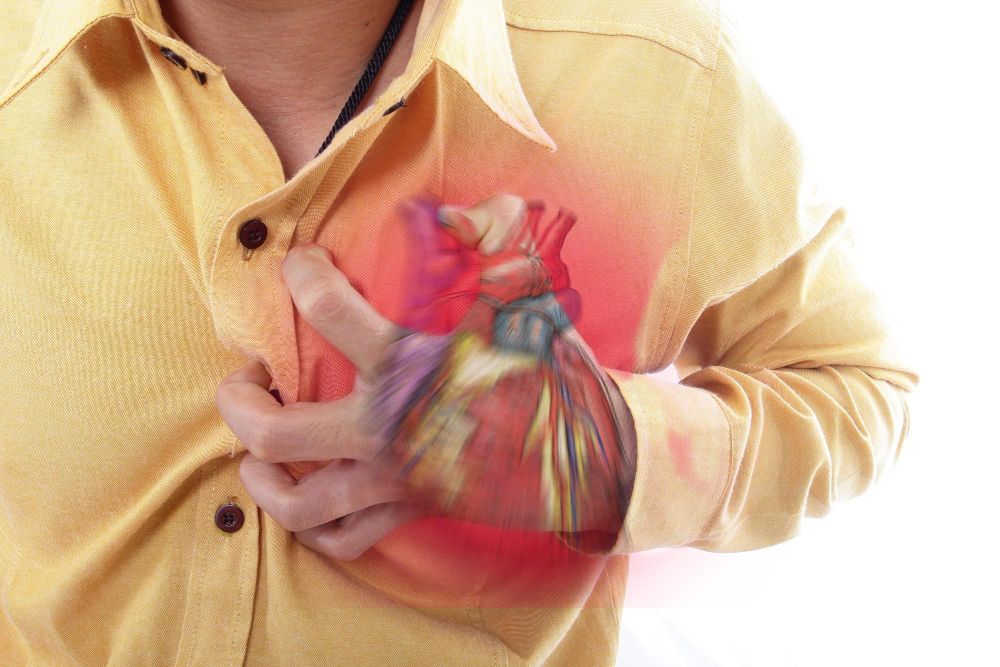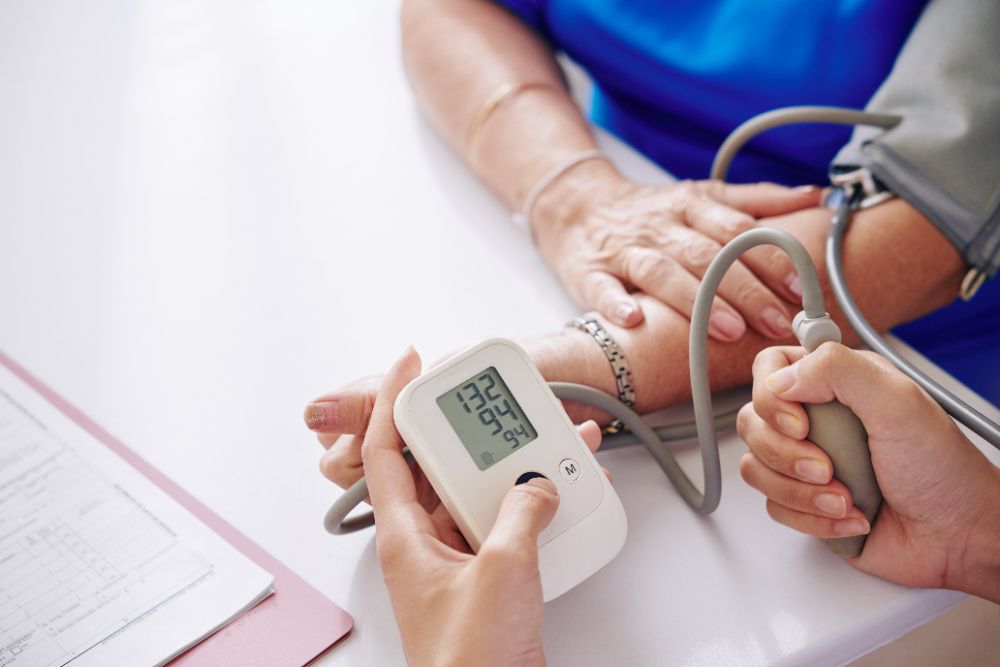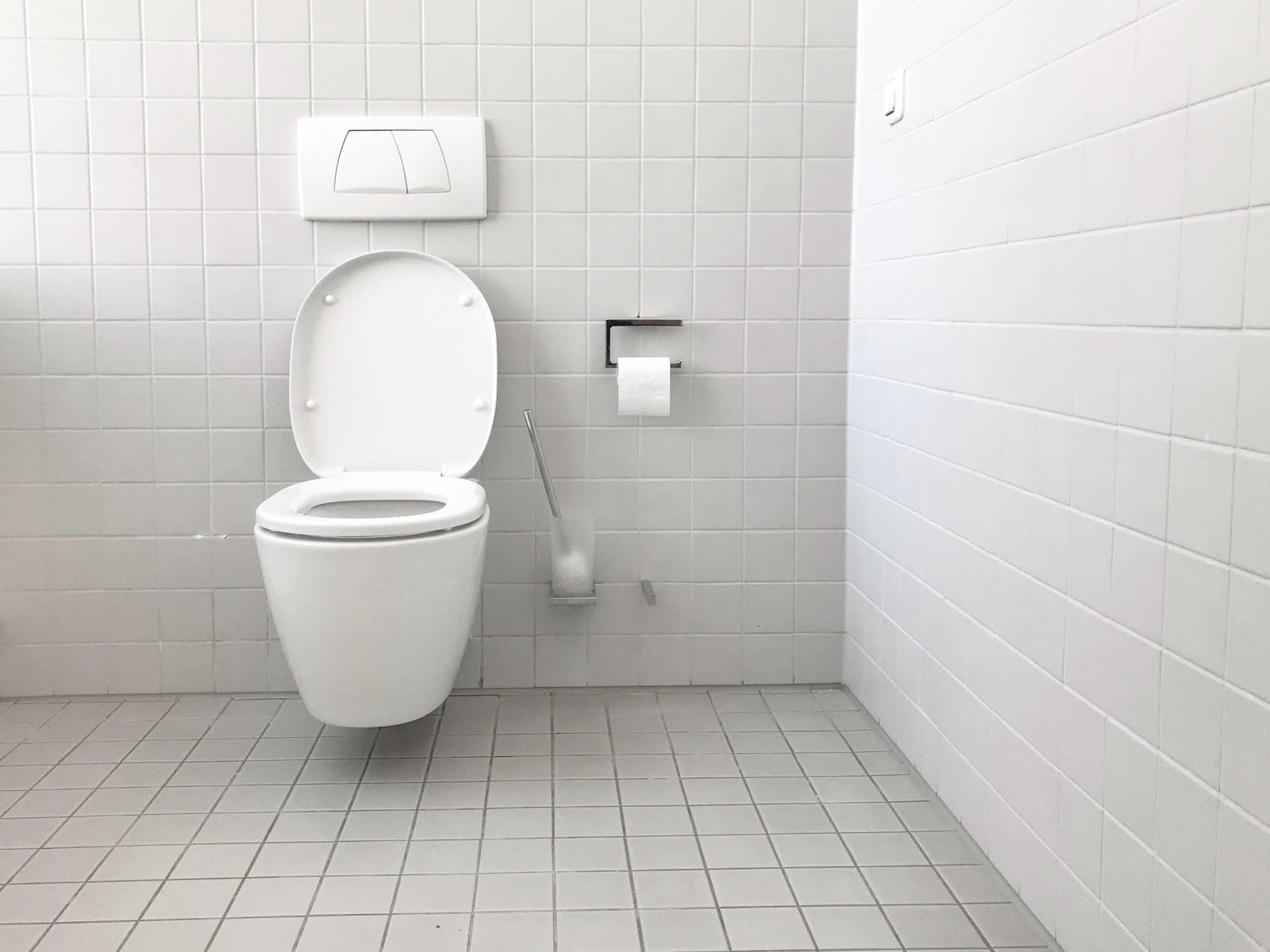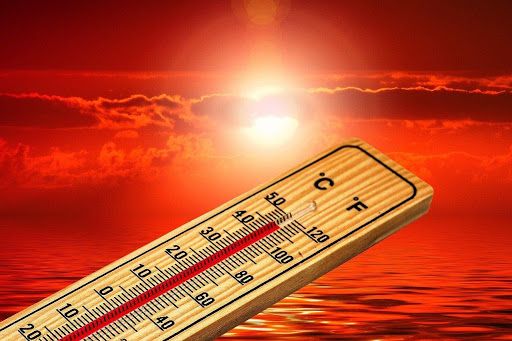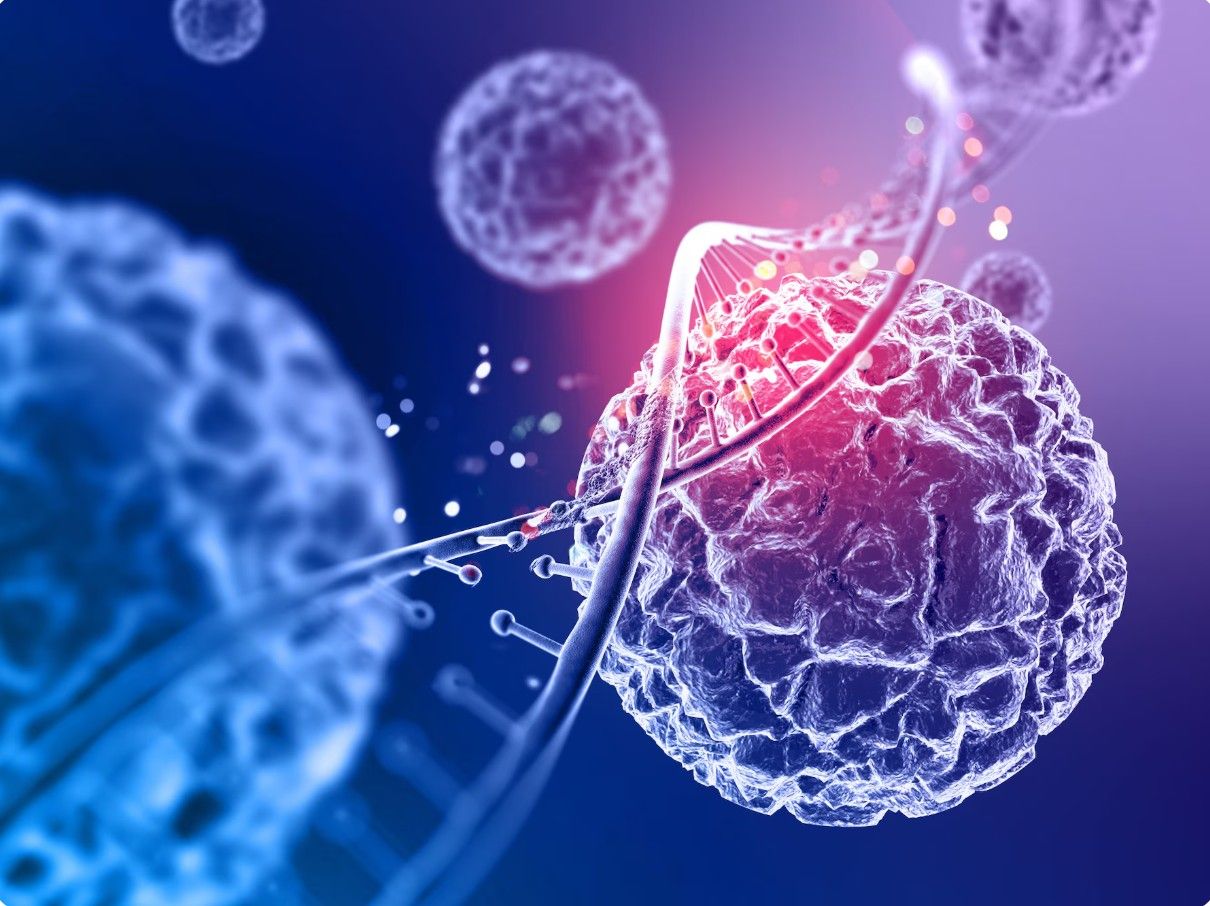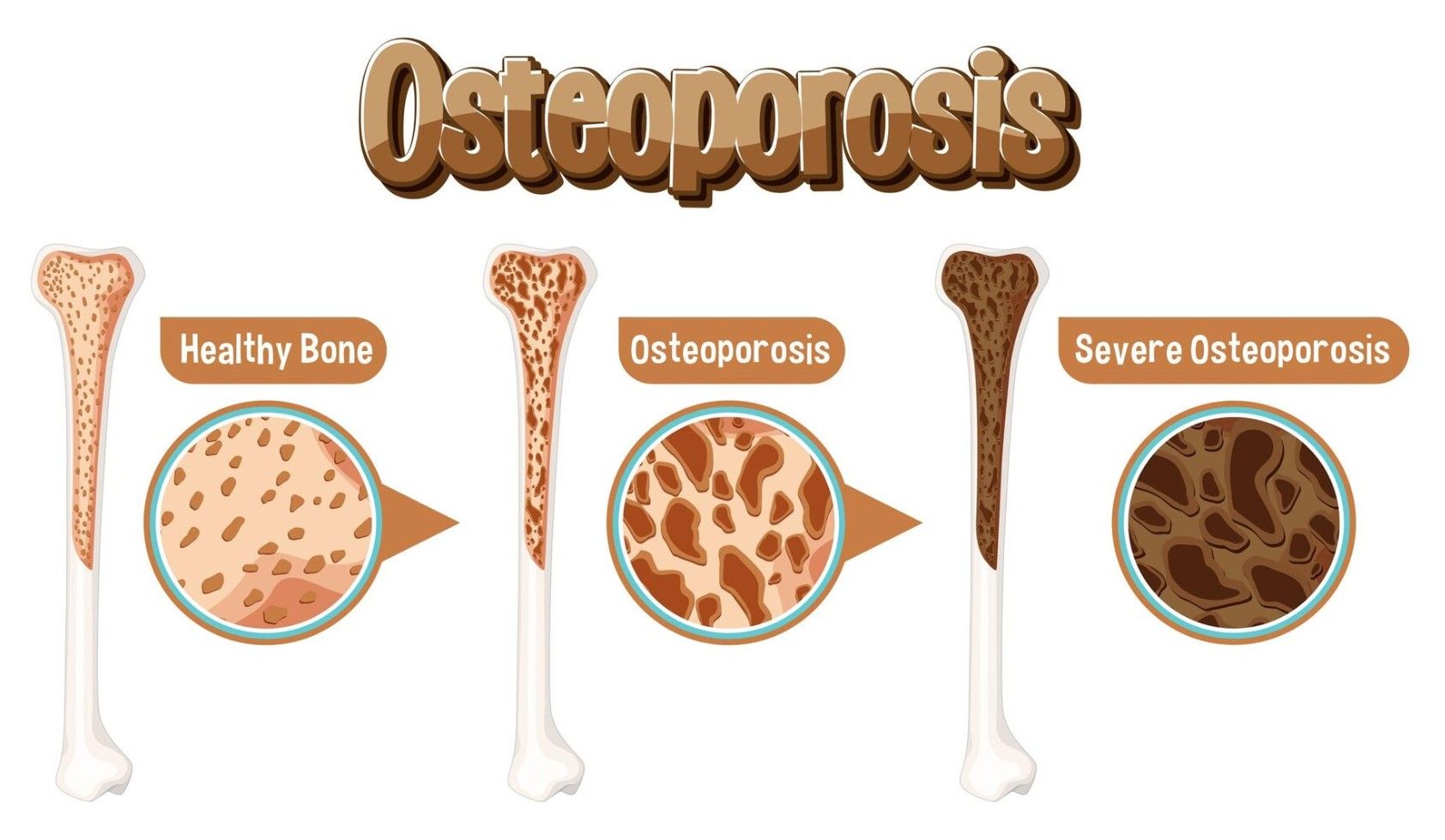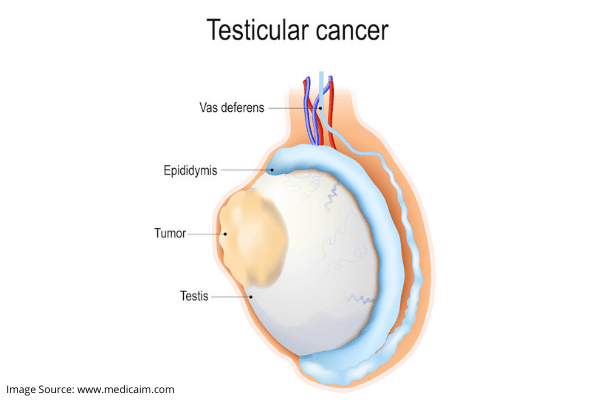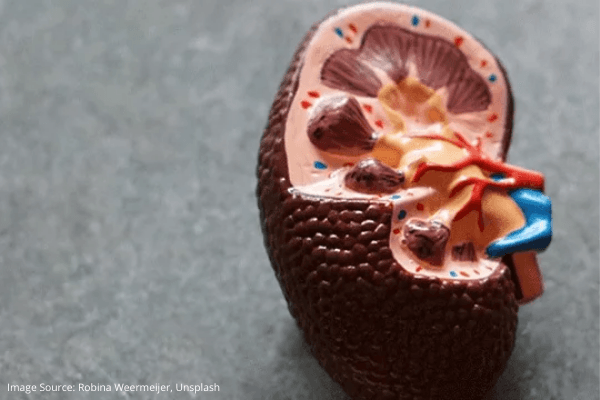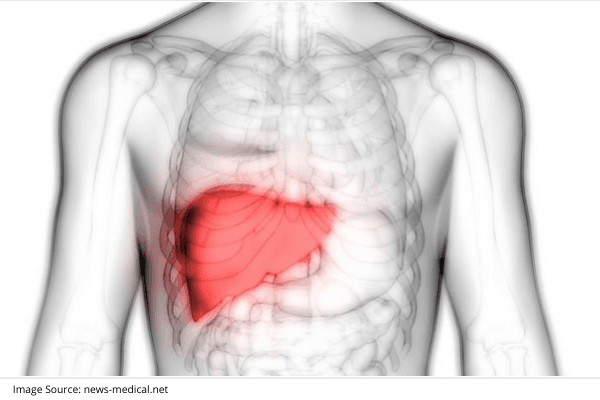Tooth Decay Risk: The Three Main Factors
Tooth decay is also known as cavities and dental caries. It is one of the most common dental afflictions worldwide. It is characterized by severe infection, toothache, tooth loss, and cavities. The earliest signs may start off as white spots on your teeth and progress to dark-colored pits in your teeth. Symptoms of tooth decay include toothache, spontaneous pain, tooth sensitivity, pain when biting down, visible holes in the teeth, stains on the surface of the teeth, sharp pain when eating or drinking something hot or cold among other symptoms. Steven B. Horne, DDS, advises, everyone to go through regular dental exams so that tooth decay can be diagnosed when they are just small cavities (microcavities) otherwise if allowed to progress they will grow large enough to produce pain and will require extensive treatment.
Tooth decay can be caused by many factors, some of which are lifestyle induced and some of which are medical problems. This article will brief you on the most common risks of tooth decay.
- Tooth Physiology, Disease and Medical Appliances
Genetic factors affect the shape, arrangement, and location of your teeth. These factors contribute to the risk of developing tooth decay in the future. Decay usually occurs towards the back of your mouth, where the premolars and molar are located. These teeth have lots of pits, grooves and multiple roots that collect a lot of food particles. They are difficult to clean as they are harder to reach. The shape and texture of teeth vary from person to person and depending on how deep the grooves and fissures are more it is for them to harbor bacteria. Your age also determines the risk of developing carries, old people have receding gums which expose teeth to more tooth decay. Any injury to the teeth may also elevate the risks of tooth decay as it might expose the teeth to detrimental factors. Certain diseases and conditions of the mouth also put your teeth at considerable risk of developing tooth decay. Dry mouth is caused when there is a lack of saliva in the mouth. Saliva is known to help in preventing tooth decay as the substances found in the saliva counter the acid produced by bacteria which cause tooth decay.
Orthodontic appliances, retainers, bite and night guards, certain medications and chemotherapy tend to resist and reduce saliva flow over the teeth, this causes stagnation of bacterial growth (biofilm) over the teeth and thus leads to plaque formation. Heartburn or GERD (Gastroesophageal Reflux Disease) is characterized by the flow of stomach acid to the mouth (acid reflux). This causes the enamel of the teeth to wear away and exposes your teeth to bacterial damage and tooth decay. Eating disorders such as bulimia can cause a lot of tooth erosion and cavities and interfere with saliva production. Stomach acid from purging (repeated vomiting) can accelerate enamel damage by dissolving them.
- Eating Habits Which Harm Your Teeth
Your diet habits and eating routine greatly affect your dental health. Frequently snacking, especially on junk food, can give your mouth bacteria more fuel to produce acid rapidly and wear them down. Eating foods with high sugar, alcohol and acidic contents all throughout the day creates continuous acid production in your mouth. Consuming foods that cling to your mouth for a long time such as sticky and dense food items can cause food decay. These include milk, honey, cookies, hard candy, chips, cake, fried food and alcohol, etc. Choose healthier snacks and a more nutritious diet for optimal oral health.
- Inadequate Dental Hygiene
Not brushing a minimum of two times a day, along with not flossing and gargling can lead to easy plaque and cavity formation. If you don't clean your teeth immediately after a heavy meal it can lead to the preliminary stages of plaque formation. Fluoride is a naturally occurring mineral that helps prevent formation of cavities and can reverse the first stages of tooth damage. Not getting an adequate amount of fluoride can put your teeth at risk, make sure to use fluoridated toothpaste and mouthwashes. Floss once a day or use an interdental cleaner. Get your teeth professionally cleaned once in a while.
Even the earliest signs of tooth decay can be easily noticed by the dentistthat is why it is very important to go for frequent dental check-ups. Visit your dentist as soon as you start any of the symptoms associated with tooth decay, usually, it is tooth pain. Always tell your dentist about any underlying medical conditions which could be affecting your oral health.
Ten Effective Remedies That You Can Refer to When You Are Suffering from Muscle Cramps
Finally starting off with the gym life can get too overwhelming until you hit those muscle cramps along with the weights.
Skin Tags - Benign Tumor or Cancerous Tumor?
Skin tag if observed is a narrow stalk that hangs about your skin, bulging at the end. They are usually freshly colored and can grow anywhere on your body.
Rotator Cuff Tear
A rotator cuff tear is a rotator cuff injury that can cause shoulder pain and loss of arm function. The rotator cuff is a set of muscles and tendons in your shoulder.
Importance of Parental Counselling
Right from the moment you tell your friends and family about your pregnancy, little hints keep coming your way on parenting your unborn child!
Taking Care of a Terminal Patient? Here Are Six Ways to Help Them to the Fullest
A terminally ill patient is someone who has a relatively short life expectancy. Terminally ill people are usually shifted from an actively curative medicinal regime
Stages of Tooth Decay and Their Treatment Options
Tooth decay refers to the degradation process of the structure of the tooth resulting in permanent damage.
12 Home Remedies for Dry Cough
The flu, common cold, asthma, cigarette smoke exposure, and other conditions can all cause a dry cough. Home remedies such as honey, peppermint, and air purifiers may be beneficial.
Shoulder Dislocation
Shoulder dislocation occurs when the bones of your shoulder joint are pushed or forced out of their normal positions.
5 Facts to Keep in Mind for Your Monthly Menstruation Cycle
Our menstruation indicates multiple activities within your body. Every month, your uterus forms a thicker lining for the ovary to release an egg for a possible pregnancy.
Different Types of Diabetes
Junk food and increasing physical activity are leading to a worldwide epidemic of obesity, resulting in diseases like diabetes
Dilated Cardiomyopathy
Dilated cardiomyopathy is a form of heart muscle illness in which the heart chambers (ventricles) weaken and stretch, becoming bigger.
Hypertension (High Blood Pressure)
High blood pressure, also known as hypertension, is a condition in which the blood flow against the inner walls of the arteries is persistently high.
3 Cosmetic Dentistry Procedures You Did Not Know About
Over the past few years, cosmetic dentistry has undergone significant evolution in society. With the increasing demand for cosmetic dentistry, it is no longer a luxury; it has become a necessity.
5 Lifestyle Changes That Will Help with Your Urinary Incontinence
Urinary Incontinence is quite a painful and embarrassing condition to have. It refers to the loss of bladder control, which can vary from a slight release of urine after sneezing, coughing, or laughing, to a complete inability to control urination.
5 Tips This Summer to Avoid Heatstroke
Certain jobs demand fieldwork in the scorching heat. The warm weather, bright sun, and the blue skies are not always an excellent working environment for them at all.
6 Home Remedies for Yeast and Vaginal Infections
Yeast infection is common among women. You might have had the experience of irritating soreness and itching that prolonged for days due to not knowing about the cause.
Aortic Dissection
An aortic dissection is a tear in the aorta. This is the primary artery that transports oxygen-rich blood from your heart to the rest of your body.
Bariatric Surgery and Weight Loss
Bariatric surgery, also known as weight loss surgery, is performed on individuals suffering from obesity. It involves a variety of procedures that help maintain long-term weight loss and also aid in treating obesity.
Best Foods to Cleanse Your Liver
Your liver is one of the largest organs in your body and its primary function is to filter the system by converting toxins to waste products, cleansing your blood and process various nutrients.
Infertility and its Major Causes and Treatments
Infertility is an issue that’s on the rise – not just in India but all over the world. It’s estimated that, on average, one out of every six couples has had issues with infertility.
Precautions to be Taken to Avoid Eosinophilia
Let’s begin with talking about eosinophils – they are just a type of white blood cells that are laden with reactive chemicals which get released under specific conditions to cause mayhem in the body
What is BMD Assessment and its Significance in Treating Osteoporosis
Osteoporosis is that creepy monster lurking in the dark, waiting to manifest itself as you age and get less active.
Signs of Testicular Cancer
Men have a pair of testicles located in a sac-like pouch called the scrotum. It forms part of their reproductive system and are responsible for sperm production.
Signs and Symptoms of Kidney Stone
Your kidneys are very important organs in the body; they regulate water content, filter waste from blood, and produce hormones.
Treatment For Liver Failure
Treatment for liver failure depends largely on the causative agent; for example of it’s due to hepatitis virus infection, then hydration and supportive care needs to be provided while the body’s immune system fights back. If it’s due to gallstones,
Related Blogs
Ten Effective Remedies That You Can Refer to When You Are Suffering from Muscle Cramps
Finally starting off with the gym life can get too overwhelming until you hit those muscle cramps along with the weights.
Skin Tags - Benign Tumor or Cancerous Tumor?
Skin tag if observed is a narrow stalk that hangs about your skin, bulging at the end. They are usually freshly colored and can grow anywhere on your body.


